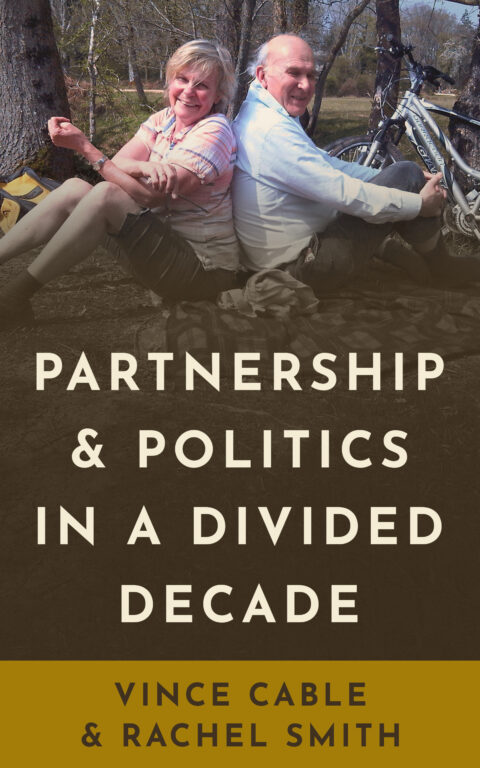
The strange mysogyny of the climate contrarians

Contemporary history requires us to take a second look at recent events. Richard Black does just that…
Back in 2009, during the Copenhagen summit, Sunday Times columnist Charles Clover wrote an article noting that the contrarian interpretation of the emails hacked from the University of East Anglia ‘has unleashed upon the rest of us the phenomenon of the born-again climate sceptic, the kind of man (always a man, almost invariably wearing a tweed jacket) who now materialises beside me at parties and confides that he has been having second thoughts about climate change’.
As I explained in my book, Denied, Clover had hit anecdotally on a conclusion borne out by research such as the 2009 ‘Six Americas’ survey. The 7 per cent of the US population most dismissive of climate change, they found, comprises twice as many men as women.
Today, the Global Warming Policy Foundation’s Board of Trustees and Academic Advisory Council together number 36 men – and just one woman. The group of contrarian commentators in the UK media also includes a single woman, Melanie Phillips – and she is not now a frequent writer on the issue. The Spectator’s infamous pre-Paris Agreement ‘special edition’ featured not a single woman among the featured contrarians.
Why this might be is a question that would necessitate a whole other book. Suffice it to say that statistically, the odds of it occurring by chance are vanishingly small. But what is also undeniably true is that at least some prominent contrarian men have a problem treating women as equals.
This is doubly noticeable in an era when some of the UK’s best energy journalism – traditionally the preserve of men – is being done by women. Jillian Ambrose, Emily Gosden at The Times, Nathalie Thomas and Sylvia Pfeifer at the Financial Times are among the finest journalists on the beat, and they are not alone. Their gender and age appear to be problems for some contrarians.
It certainly appears to be an issue for climate sceptic and blogger Paul Homewood and his supporters, among whom the widely-respected Gosden is dismissed as ‘little Emily’. ‘Dear little Emily does not get it, does she?’, he opens a 2016 blog post.
After she moved from the Telegraph to The Times, he was equally outraged about her equally respected successor Jillian Ambrose who, he writes, ‘seems just as soppy’.
Commenters on his blog seem quite happy with this tone of discourse. One suggests that neither journalist would know the difference between a combined-cycle and an open-cycle gas turbine (CCGT and OCGT) and would ‘probably think it’s something to do with gin and tonic.’
Another recalls former Telegraph environment correspondent Louise Gray, and suggests that all three are ‘jejeune ladies’ who ‘don’t do techie stuff’. On another post, Homewood weighs in on Telegraph columnist Lucy Mangan, dismissing her as a ‘silly little girl’.
Nigel Lawson has not been above such comments himself, referring in 2014 to Dame Julia Slingo, one of the UK’s most decorated climate scientists and at the time Met Office Chief Scientist, as ‘just this Julia Slingo woman’.
To James Delingpole of Breitbart News, the equally decorated Professor Joanna Haigh of Imperial College London, until recently the Royal Society’s scientific lead on climate change, is a ‘puffed-up missy’, and Dr Emily Shuckburgh, Head of Open Oceans at the British Antarctic Survey, ‘some foxy chick’.
Why this male corner of climate and energy discourse should hold half of the human race in such apparent disregard is not clear to me. However, a clue appeared in a comment posted on my BBC blog from Copenhagen – the blog highlighting the over-representation of men in the contrarian community.
The person commenting – a man, I presume – suggested it was because men were more intelligent than women and were thus better able to spot holes in the edifice of climate science. It was apparently made seriously.
Though other contrarians might privately be appalled by all of this, none, to my knowledge, has called out his fellow travellers.
Whatever the reasons behind it, it is surely abundantly clear that such attitudes will win you few friends. As a strategy for gaining kudos in the twenty-first century, belittling women is as poor as it gets.
It is another reason why, as I explain in the book, climate contrarianism is now virtually at an end.
Richard Black’s book Denied is available here.


